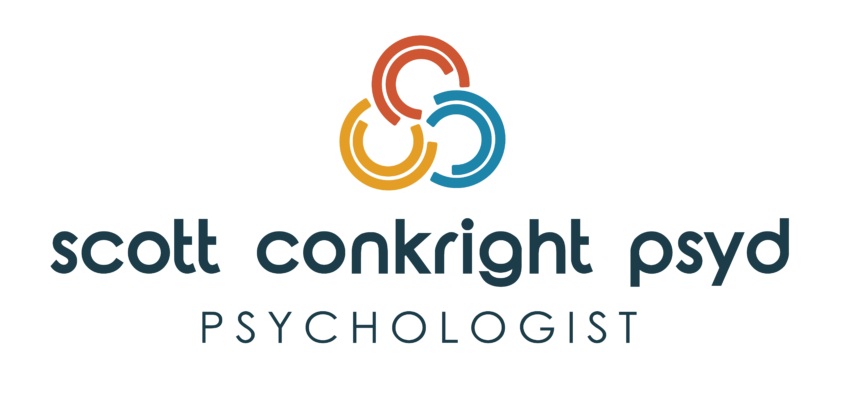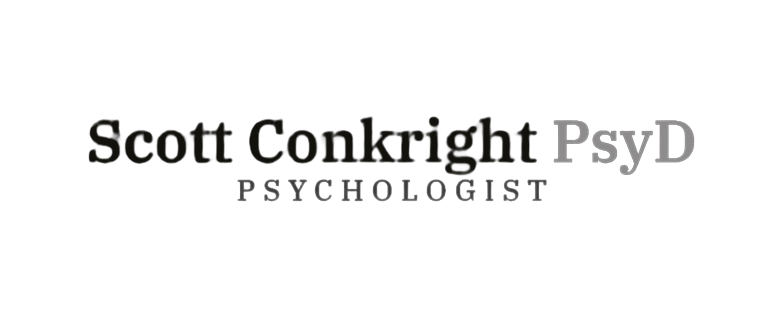The Secret Ingredient of Relational Intelligence

Did you know that in Relational Intelligence there are only nine affects (feelings)?
Did you know that they are biologically based, innate, reflexive responses to stimuli that come from both inside and outside our bodies?
Did you know that without affect you can’t have emotions or conscious awareness?
Don’t worry! You are not alone! Most of my colleagues don’t know this.
Why? Because one of the affects, shame, is so toxic to people that those in my field, because of their own shame, have up to now unconsciously avoided it (and the study of affects and emotions in general).
Affects tell us what to pay attention to in our inner and outer world. If you are reading this up to this point it is because you are interested in what I am sharing.
Nine Affects of Relational Intelligence
Interest is one of the nine affects. You are reading this because, frankly, it feels good to learn more about what I am saying. The affect of interest says, “hey, pay attention to this!” For reasons I won’t go into here, your body, your personal history and your current circumstances have aligned to signal to you that you will get something positive from reading this.
And I hope you do
Interest is inherently rewarding!
If I were there now, in the same room watching you read this piece, I would know that you are interested because there is a face one makes and a body language that comes with it, that signals to the world that you are interested in something.
And there is a face and body language for all nine affects.
It is absolutely essential to know these if you want to know what motivates you and those around you.
If interested in learning more, take The Relationship Workshops: The Essentials. It will give you a four week peek into the basics of how relationships work. And the relationships that work the best work because they feel good!
People come into my therapy practice or join my workshops because there is something in their lives they want to change. They either have negative judgments about themselves, don’t like how they feel, or don’t like how their relationships (or lack thereof) make them feel. They want to feel better!
So why are so many practitioners in my field telling their patients that their thinking is what is making them feel bad, and that they need to change how they think. Or they are told they have “faulty brain wiring”.
My experience tells me that there is something else going on. What I see are people coming into my office mostly feeling shame. Shame for not feeling the way they think they should be feeling or want to feel, and shame for being responsible for their failure to have a positive relationship with themselves and others.
Shame is behind most symptoms of anxiety and depression. And shame is present in all intimate relationships.
As a psychologist, I have been perplexed for years about how my field has failed to really talk about feelings and emotions and help people understand what they are and how they work. I’m beginning to suspect that my field itself has been dealing with a few hundred years worth of shame avoidance. We are ashamed of our own shame.
So far, Silvan Tompkin’s (1911-1991) is the only psychologist who has put forth a credible theory of affect and emotion and how they are scripted over time and become the basis for motivation, behavior, and personality. According to his theory, nine affects are present at birth and combine with life experience to form emotions and personality. Affects are innate, biological responses to the world around us, and you can see them in pure form in all infants.
Infants, of any race or from any country, are born with the same nine affects and you can see them in full, unadulterated form when they show fear, anger, interest, enjoyment, distress, disgust, dismell, shame, or are startled. We have a commonality with each person on this planet due to our shared feelings.
We have nine innate feelings. Two of them are inherently rewarding, one negative, and six punishing.
This seems like important information for everyone to know! If nothing else, it says to me that 1) we should all be working towards maximizing positive affect and minimizing negative affect 2) it needs to have a central role in how we think about what motivates people and 3) it has to have a central place in psychotherapy.
Learn more by following me at: www.instagram.com/meaningfulhappinessrw




